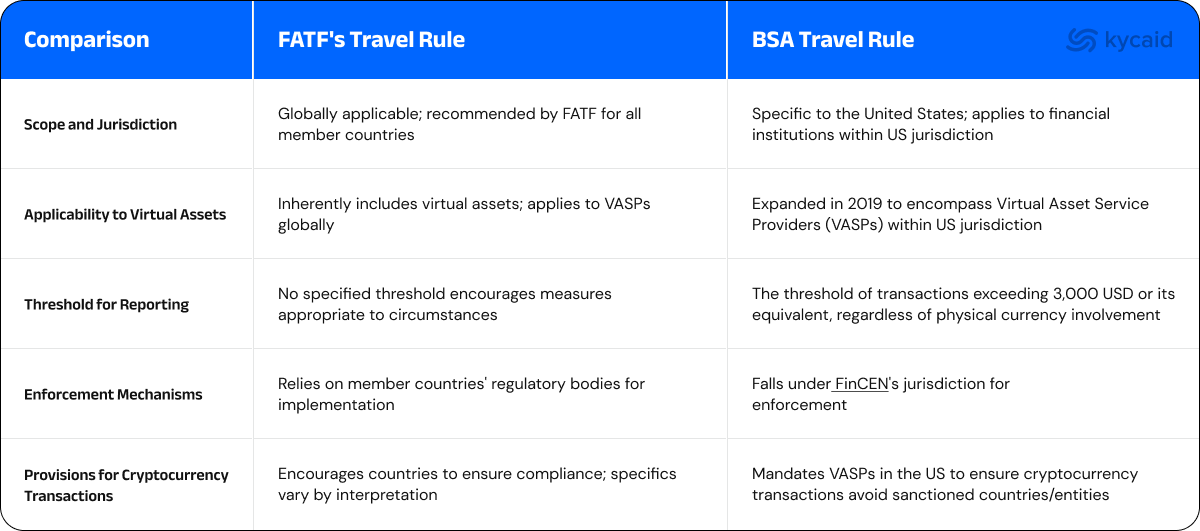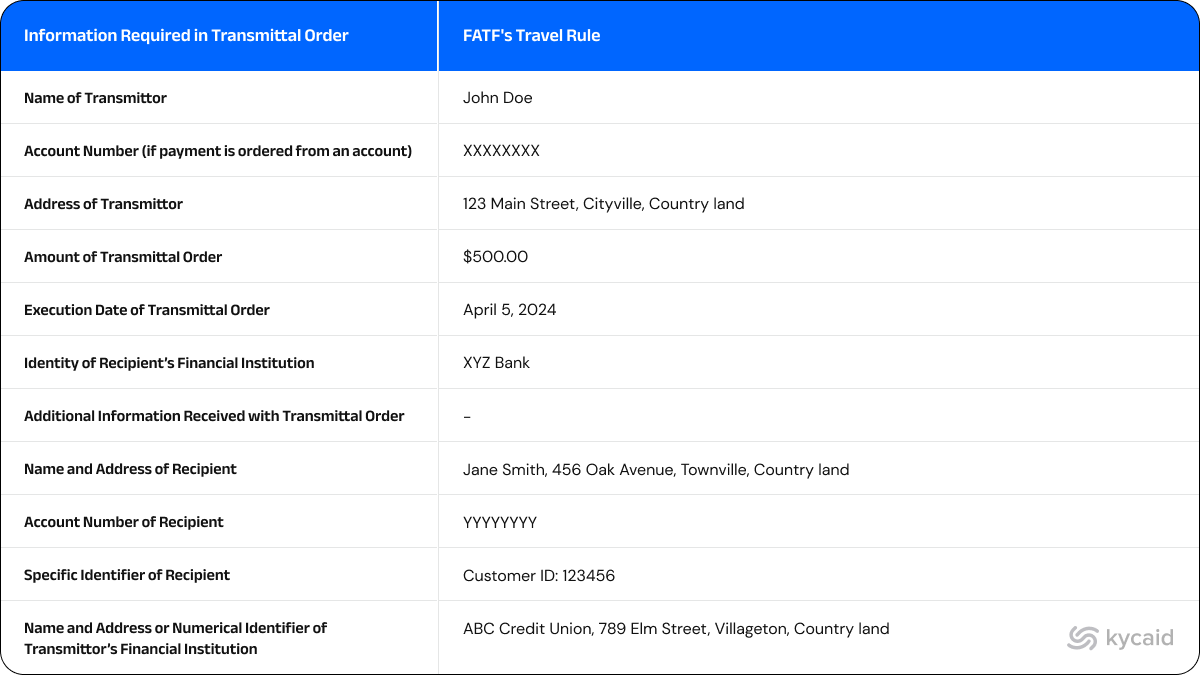⌚8 min to read
The Financial Action Task Force (FATF) has made significant strides in tightening the noose around illegal activities in the virtual asset (VA) industry. The 'Travel Rule', or Recommendation 16 from FATF, is one such measure that has generated a buzz in the VA sector. This rule mandates Virtual Asset Service Providers (VASPs) to collect and share personal data during transactions, shifting the regulatory landscape.
Navigating Compliance Obstacles: Fulfilling FATF's Travel Rule Requirements
In today’s finance landscape, regulatory bodies strive to maintain pace with rapid transformations. Among these measures, the Travel Rule, promulgated by the Financial Action Task Force (FATF), has emerged as a pivotal focus within the dynamic cryptocurrency industry.
Deciphering the Travel Rule
Mandated by the FATF, the Travel Rule necessitates Virtual Asset Service Providers (VASPs) to exchange specific customer details during transactions. Its primary aim is to staunch the flow of funds linked to money laundering and terrorist financing.
The Travel Rule casts a comprehensive net, encompassing all VASPs, irrespective of transaction value or geographic location. It extends across various transaction types, from traditional wire transfers to virtual asset exchanges between VASPs and even transactions involving unhosted wallets. Notably, while obliged entities must comply, the FATF exempts non-obligated entities from data sharing.
Despite noble intentions, the implementation of the Travel Rule has proven challenging across jurisdictions. While many have enacted legislation, navigating interpretations and selecting suitable technological platforms pose significant obstacles. Adding to the complexity are mixed-compliance scenarios, further complicating the journey.
According to the Travel Rule, transactions falling below the threshold require minimal data, including the identities of both the sender and recipient, along with either their VA wallet addresses or a unique transaction reference number. Thorough verification is necessary only if suspicions arise.
Transactions exceeding the threshold demand a deeper delve into the sender's name, the account number associated with the transaction (such as a wallet address), and their physical address. Additionally, they need the sender's national identity number, customer identification number (excluding transaction numbers), or date and place of birth for unique identification purposes, also the beneficiary's name and account number linked to the transaction, such as a wallet address, must also be provided.
Embracing the Solution
At its core, the FATF's Travel Rule is essential for promoting clear financial dealings and stopping illegal actions. However, meeting its requirements can be tough, requiring a smart strategy and up-to-date tools. Still, sticking to the rules creates a financial world that's more open and reliable.
Selecting an appropriate Travel Rule compliance solution entails considering factors such as robust AML compliance, transaction verification, adherence to data protection laws, and compatibility with data-sharing technologies.
Gathering Sender and Recipient Details
Typically, businesses possess a customer's personal information before a transaction takes place, often through prior KYC procedures.
However, if a business does not carry out KYC verifications, it ought to contemplate implementing a standard KYC procedure to uphold adherence to the crypto Travel Rule. Furthermore, during the transaction, the business must obtain extra information regarding its customers such as their identification number, or their date and place of birth.
No matter what technology a company chooses for data collection and sharing, they must request customers to provide the name and account number of the designated recipient for money transfers.
The optimal approach for handling these procedures is to locate a KYC and a tool for monitoring crypto transactions that:
- Guarantees full adherence to AML regulations: In addition to the Travel Rule, various other AML requirements must be met, such as verifying customers during onboarding and conducting sanctions checks for both the sender and recipient. Utilizing an automated KYC/AML solution can assist with these tasks, lowering costs and minimizing the risk of human error.
- Conducts thorough transaction screenings: Service providers can confirm that a client's assets are not originating from illegal sources such as darknet markets, fraudulent exchanges, or services that conceal one's identity.
- Ensures compliance with data privacy laws: With the need for cryptocurrency companies to collect personal data, they are subject to data privacy regulations such as GDPR, CCPA, and other national and local laws. To remain compliant, companies should use a KYC/AML solution that is GDPR-compliant.
United States: FATF vs. BSA Travel Rule
The Bank Secrecy Act (BSA) empowers the Department of the Treasury to regulate financial institutions, requiring them to report transactions exceeding $10,000 and detect suspicious activities to combat money laundering and other financial crimes.
___________________________________________________
Explore Kycaid's Legal & Compliance Guide on KYC & AML in the USA.
______________________________________________________
Let’s have a look at the main differences between FATF's Travel Rule and BSA's Travel Rule:


The FATF's Travel Rule brings a new level of transparency to the VA sector. Understanding and complying with the FATF's Travel Rule is crucial for businesses dealing with virtual assets. While the rule poses challenges, it also offers an opportunity for businesses to enhance their AML and KYC procedures, improve customer trust, and contribute to a safer global financial system. As the FATF continues to monitor and update its regulations, businesses must stay informed and adapt their compliance strategies accordingly.
KYCAID offers comprehensive solutions for FATF Travel Rule compliance, providing a seamless, secure, and efficient way for VASPs to meet their AML and KYC obligations.
Contact us today to learn how we can help you navigate the complexities of Travel Rule compliance.
